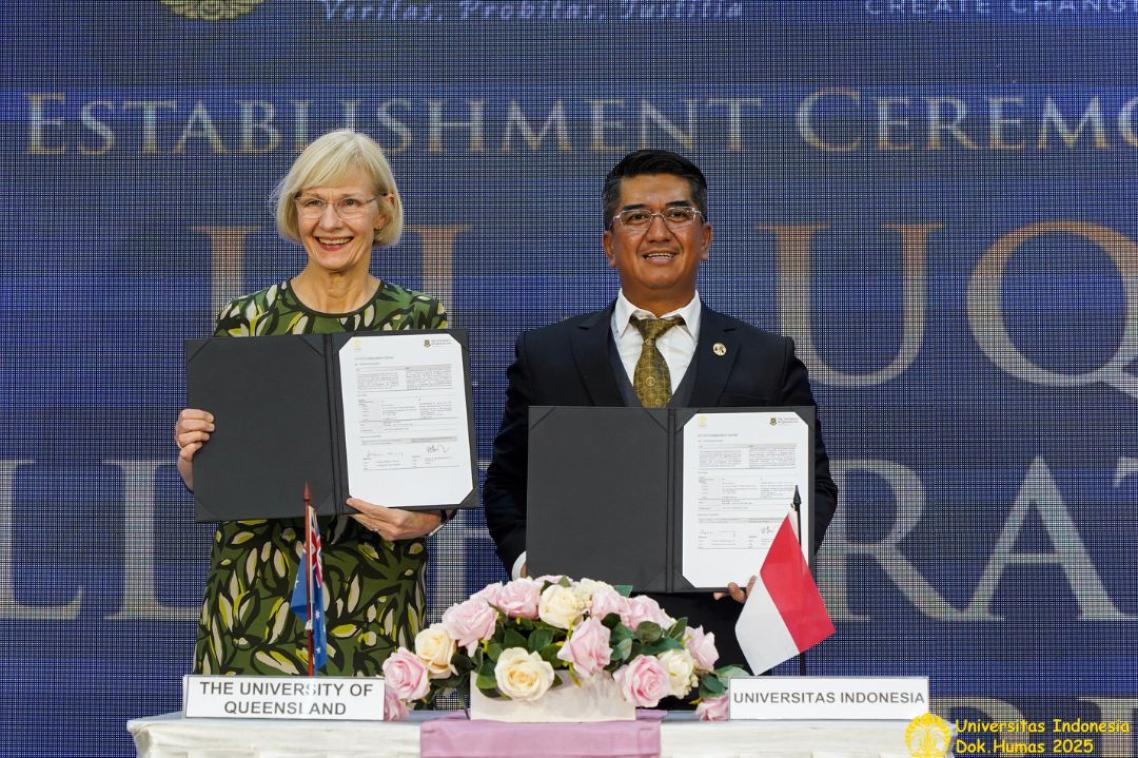Digital toolkit to help clinicians prevent childhood obesity

University of Queensland researchers are collaborating with an extensive range of health professionals to re-design and improve strategies to prevent childhood obesity.
Aware of the powerful role played by digital technologies, Dietitian and UQ Research Fellow Dr Oliver Canfell is part of a team developing an online tool kit that can be used to prevent obesity in the young.
“Obesity is a chronic condition that’s difficult to reverse, which is why prevention is important and most effective in the early years,” Dr Canfell said.
“We’ve seen real-world impacts recently - people with obesity who contract COVID-19 often have worse outcomes than people with healthy weight.
“Children and families look to health professionals for support but are commonly not receiving care until it is too late.
“Clinicians need new ways of working so they can focus on prevention, and digital health can help enormously.”
The first step towards achieving that goal is the Precision Support for Preventing Childhood Obesity (PRECISE) program, a partnership between UQ and Health and Wellbeing Queensland (HWQld).
Almost 20 health professionals including GPs, child health nurses and dietitians have been recruited from across Queensland to design the digital solutions to focus on prevention in routine practice.
The tools designed in the PRECISE program will be available via Clinicians Hub, a central digital platform created by HWQld to help health professionals effectively prevent and manage childhood obesity.
HWQld Chief Executive Dr Robyn Littlewood said obesity had many causes which made it a particularly complex problem to address.
“It can be a challenging topic to raise with families, and research shows many doctors feel ill-equipped to manage this complex and sensitive health issue,” Dr Littlewood said.
“Clinicians Hub offers a variety of clinical tools, resources and training to help health workers identify, prevent and talk about childhood obesity with confidence and impact.
“One-in-four Queensland children and two-in-three adults live above a healthy weight range.
“These patterns are usually well established before five years of age – so we really need to get in early.
“We need to work smarter together and this is exactly what digital health does.”
The UQ Global Change Institute has established a Digital Health Research Network to support PRECISE and other digital health initiatives.
Media: Dr Oliver Canfell, o.canfell@uq.edu.au, +61 (0)434 911 538; GCI Communications, gcicomms@uq.edu.au, +61 (0)438 285 283.
Related articles

Australian and Indonesian universities launch centre to accelerate research, innovation and engagement

National guidelines to revolutionise concussion treatment
Media contact
UQ Communications
communications@uq.edu.au
+61 429 056 139
